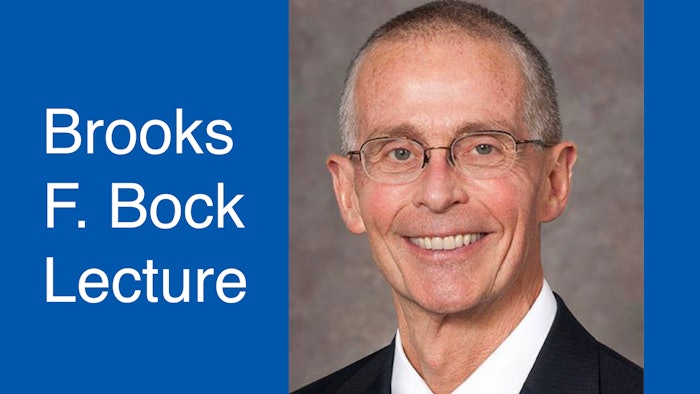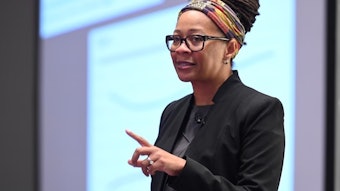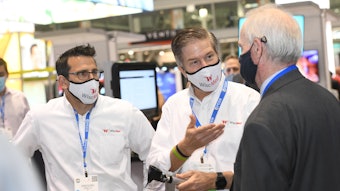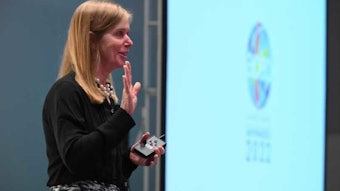Moving Beyond the Rhetoric: How EM is Leading Firearm Injury Prevention
Strategies for change.

In an overview of research on firearm injury prevention efforts, Garen Wintemute, MD, MPH, outlined the progress to date and the path forward. When it comes to firearm injury prevention, clinicians must look upstream to intervene and address the reasons why patients are coming to the emergency department, he explained.
“There’s a science to this and the approach can lead to viable prevention strategies,” said Dr. Wintemute. “How many deaths could have been prevented if we started sooner?”
The evolution of the research landscape on this issue gives Dr. Wintemute reasons for optimism.
“During the 25 years or so with no funding, you could count dedicated firearm injury prevention researchers on two or three hands,” he said. “Times have changed.”
The new generation of researchers continues to work on some incredible projects with significant potential to change and save lives. Dr. Megan Ranney is looking at prevention strategies that include the use of social media. Dr. Emmy Betz is reaching out to communities of firearm owners and finding common ground on safety and prevention. Dr. Patrick Carter is working with a large interdisciplinary group focused on pediatric injury prevention. And, Dr. Gina South is working on interventions that prevent community violence.
Across the field, there are cohort studies, policy and program analysis, survey research, and evaluation of interventions, to name a few. Opportunities to develop impactful data abound. As a next step, emergency physicians must continue to put data into practice, Dr. Wintemute said.
“We encourage people to make the commitment to putting firearm injury prevention practices into clinical approaches,” he said. “These efforts can impact the path of care and don’t take long to incorporate into practice.”
Dr. Wintemute pointed to The BulletPoints Project, a professional resource with clinical tools, guidelines, and how-to’s that can help physicians have conversations and identify prevention resources.
As emergency physicians look for avenues to get involved, there are many interventions and initiatives that can benefit from expert-level support. Investments in intervention programs should be encouraged, as should community violence prevention efforts, and access to mental health services and substance use disorder treatment.
He offered these suggestions for researchers:
- Pick questions that matter. Look for answers that can change the world.
- Think beyond firearms. Focus on factors that cause firearm injuries.
- Think beyond the emergency department. Emergency physicians see the result of what’s going on in the world and should extend the scope of our research upstream.
- Don’t be done when the science is done. Work with policymakers and community advocates who can help translate data into change that matters.
He closed with a call to action and a well-known quote often attributed to Gandhi. “Meaningful change will require a commitment for the long haul. Be the change you wish to see in the world.”
Visit ACEP22 Meeting News Central for more articles.











